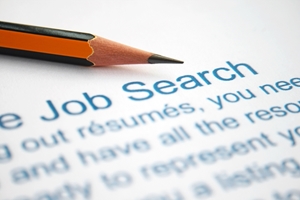
The early days of the working world can be an adjustment, having to learn new faces, new spaces and what the expectations are to be a productive team member. This is especially true for former students, as a life spent in the classroom has changed to the boardroom – or at least some version of an office place.
Typically, new employees have to be shown the ropes by business owners and managers. Their reward, of course, is their salary, not to mention employee benefits for companies that provide it. Most people who receive health insurance get it through their workplace, according to several surveys.
It turns out, however, that rookies may also need to be instructed on how to use these benefits so that they can take advantage of them when sick or need health care services, a newly released poll reveals.
Overall, young employees tend to be the least comfortable with how their employee health benefits actually work for them, according to a recent survey conducted by Harris Interactive on behalf of Accolade, a Pennsylvania-based health system concierge and services provider. More specifically, over 55 percent of workers under the age of 30 consider themselves comfortable with navigating the health care system. While that represents a majority, it's a stark contrast to retirees, 75 percent of whom say they're able to steer through the process without much of an issue.
30 and under most likely to encounter health care frustrations
Young workers are also the most likely to report a negative health care experience, the poll found. Nearly 40 percent of 30-and-unders say they often encounter hassles and run-arounds, unable to get what it is they're looking for without some kind of inconvenience occurring along the way. Meanwhile, almost 60 percent of retirees attest to a positive health care experience more often than not.
Robert Cavanaugh, president of field operations at Accolade, said business owners need to make sure that the programs they're using to make health benefits more user-friendly are actually working. Otherwise, it's like throwing money out the window.
"Companies are spending millions of dollars each year launching programs and different point solutions to help their employees use health care effectively, but this survey shows how individuals are getting lost in the process," Cavanaugh explained.
Be sure to account for experience's effect on comprehension
He added that business owners, particularly those who handle human resources affairs, should be sure that the tools they use to make complicated health plans more understandable aren't, in reality, only further muddying the waters. Also, it's important that the tools available should be working for everyone, as people who are fresh out of college may not have the same level of familiarity with employee benefits as those who graduated several years ago.
Many employers will be interacting with more millennials this year. In an encouraging sign that the economy has finally recovered from the recession, over two-thirds of businesses anticipate hiring recent university grads, according to a survey conducted by online job search engine CareerBuilder. That's up from approximately 65 percent last year





